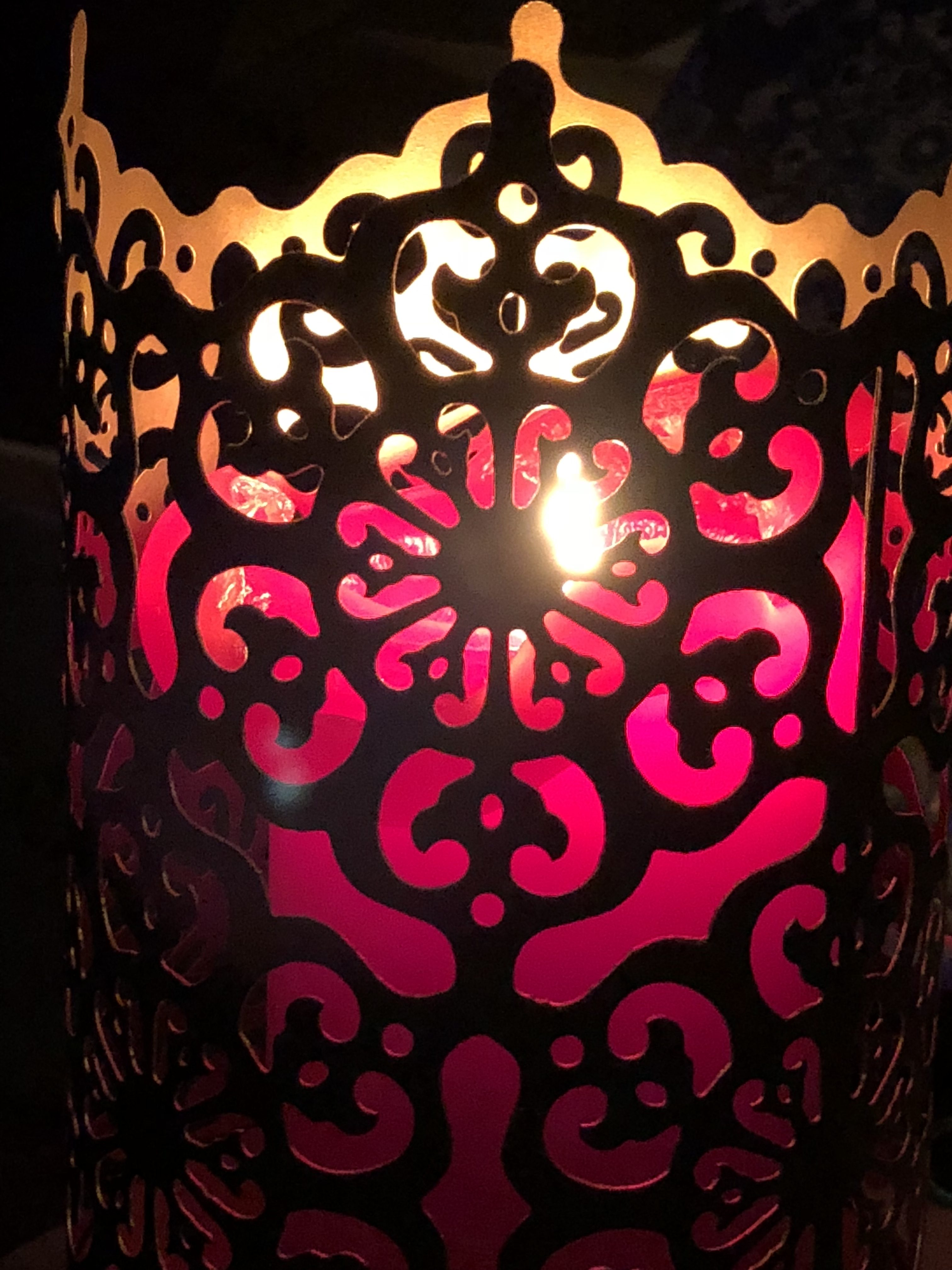David Lynch died this week, and the two things everyone seems to agree about is that he had a dark and twisted imagination and that he was a great guy.
That’s not a bad legacy to have when you die.
I’ve never been a big Lynch fan, mostly because I don’t have the sensibility to hang with most of his work. I watched and loved Twin Peaks, and that was about as much of him as I could take. This is more a commentary on me than it is on him.
What I mourn is more the example he set, being precisely, exactly himself in all of his weird glory. He was an eccentric, and we have too few of those these days.
It’s not precisely new or interesting to talk about how everything is being flattened into sameness. The same grey flooring, the same Christian Girl Autumn outfit, the same books everyone else is reading. I don’t exempt myself—it’s what happens when we all play our roles.
I grew up in the military, where conformity is basically a religion. My mother is mostly concerned with what the neighbors think, and my father is convinced that whatever choice is right for him must ipso facto be right for everyone. My family of origin is pretty conformist, to the point that on both sides of my family there are precisely two of us that aren’t in medicine/accounting/engineering/business.
What we’re for the most part missing—and what I’m convinced everyone actually has—is a point of view. Idiosyncratic passions and niche hobbies. Hyperfixations and curiosities and strange facts. Part of why the early internet was fabulous was that it was a way for everyone to put their weird out there, and most people did.
There are so many reasons things changed, why this is an era of conformity, not the least of which is the online vitriol people spew when anyone steps out of line, especially anyone marginalized in some way, and double especially people who are multiply marginalized. I’ve held things back, shown a bland face, kept my passions to myself because it felt too vulnerable to be real.
All I’ve managed to do is bore myself.
Part of living into WILD this year is leaning into my own idiosyncrasies, my own passions. Finding more and letting myself be surprised as new ones appear.
I’ll never be David Lynch, but the goal is to be me. Really, truly, completely me. I’ll keep you posted.

